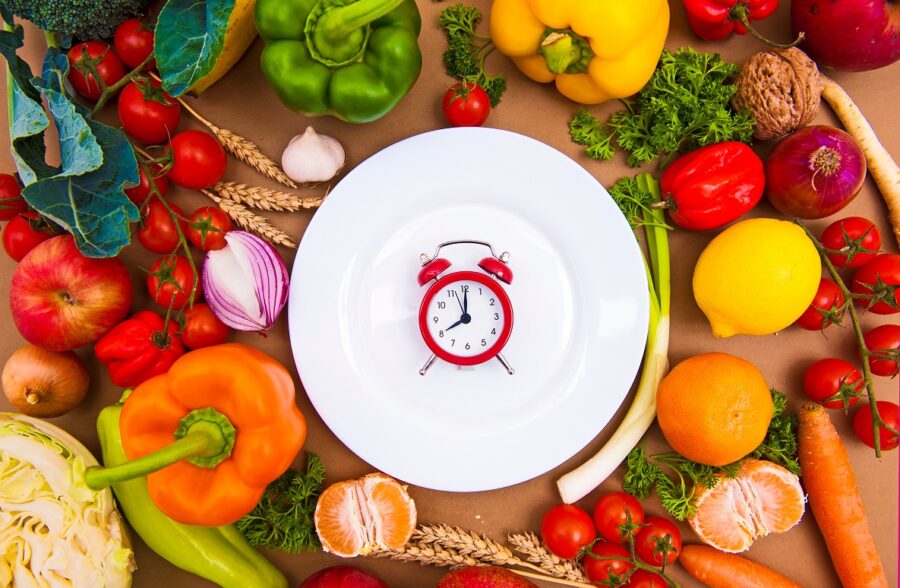Anxiety – what is it, why is it so relevant and how do we overcome it?

Anxiety, for some, is a word that creates feelings of dread, butterflies and an increased heart rate. It is a word that so many more people are now familiar with.
How Can We Best Achieve Heart Health?

Our heart is one of the most important muscles in our body. It beats approximately 100, 000 times per day, pumping about 5 litres of blood throughout our body. As with any muscle, the more we exercise it, the stronger it becomes.
PSA Screening

Early prostate cancer doesn’t usually have any symptoms. This makes understanding your risk and the value of screening, so important..
Diabetes, Insulin Resistance and Reducing your risk…

Insulin is a hormone which is produced by the β (beta) cells of the pancreatic islets (a region of the pancreas). The hormone is responsible for the regulation of glucose in the bloodstream.
In response to high levels of glucose in the blood, the β-cells (which are sensitive to blood glucose) release insulin, resulting in the absorption of glucose into the liver, fat, and skeletal muscle cells. Upon absorption, the glucose is converted into glycogen (a short-term storage form of glucose), fat (a longer-term energy storage) or used to generate energy within the cell. The result is the level of glucose in the blood stream decreases back to a ‘normal’ level.
Menopause 101

Half of the world’s population will experience the menopause and in the UK alone, it is estimated that 13 million women are peri- or post-menopausal. How is it then, that it still remains such a taboo subject?
Helping employees to avoid preventable diseases

Poor lifestyle choices made during a year of lockdowns mean employers now need to take action to reduce the risk of workers developing preventable diseases, such as diabetes and heart disease, says Dr Sandeep Singh Sadhra.
Nutrition & Longevity

Many of us are aware that maintaining a healthy lipid profile is essential for the health of our cardiovascular system. It also supports the health of our liver, impacts our risk of type 2 diabetes and our risk of stroke.